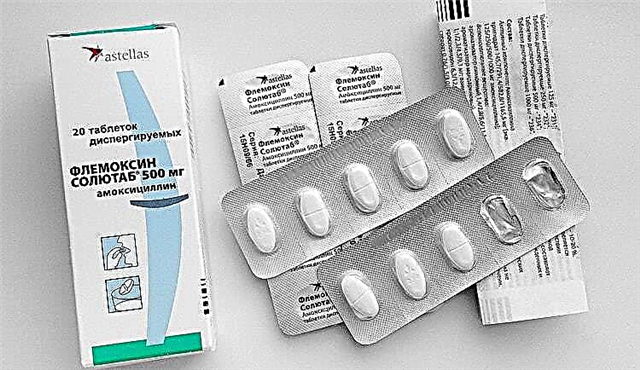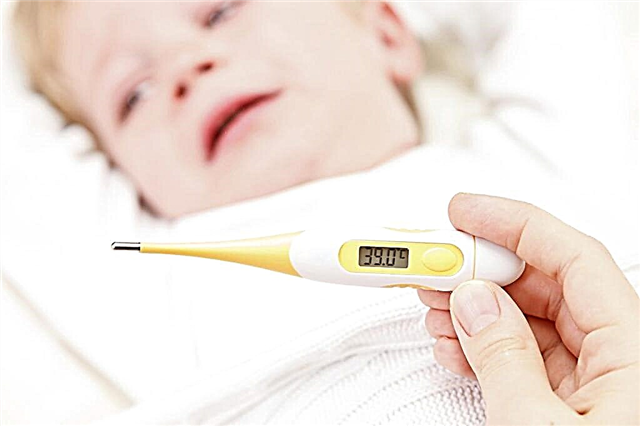
Most women are well aware that the highest chance of conceiving a baby is during ovulation, when the egg is released from the follicle on the surface of the ovary. In this regard, both those who want to become mothers as quickly as possible, and those whose plans for pregnancy are not yet included, the question arises whether it is possible to become pregnant on other days of the menstrual cycle, for example, 2 days before ovulation.

Physiology of conception
In order for the answer to this exciting question to be reliable and convincing, one should understand exactly under what conditions and when conception, in general, occurs. The main participants in the fertilization process are two sex cells. One is male and the other is female. Healthy representatives of the stronger sex usually do not have problems with fertilization on any days - from the very moment of reaching puberty and until very old age in a man's body, the processes of production and renewal of spermatozoa proceed continuously, constantly.
But women are capable of conceiving only in a strictly defined period of their cycle - during the ovulatory phase. A mature and ready to fuse with the sperm, the egg appears after the rupture of the follicle on the surface of the ovary once a month.
This process is called ovulation, it usually takes place two weeks before the date of the next menstruation. The female reproductive cell remains viable for a short time - 24-36 hours, and fertilization occurs precisely during this strictly limited period.

However, nature has given men the opportunity not only to fertilize at any time, but also a long life expectancy for their reproductive cells. The average sperm of a healthy man can exist without losing its properties for 3-4 days, and in some men - up to 6 days.
As soon as the follicle burst, the egg came out and ended up in the fallopian tube, the countdown of its lifetime begins. During this period, 2 scenarios are possible:
- male reproductive cells are already in the genital tract, in the fallopian tube, and they immediately fertilize it;
- male reproductive cells reach the ovum after its release during the life allotted to it (24-36 hours).
If during these hours the meeting of gametes does not happen, then there will be no pregnancy. In any case, in this cycle. To conceive a baby, if there is such a goal, you will have to wait until the next ovulation.

Chances of having intercourse before ovulation
Given the lifespan of sperm, it should be understood that sex 2 days before ovulation may well cause pregnancy, because male germ cells usually wait 2 days without problems in a favorable environment of the female genital tract and wait for the release of the oocyte with a probability of about 90%. Conception is especially likely if the partners are healthy and young.
With age, the quality of germ cells in both men and women decreases, and unprotected intercourse even on the day of ovulation does not always lead to the desired conception. In women under 35, 1-2 anovulatory cycles per year are considered normal, and after 35 years, cycles without ovulation, in general, sometimes occur up to 5-6 times a year, and their likelihood of becoming pregnant also becomes significantly lower.
What is the likelihood of pregnancy with sex 2 days before ovulation:
- for women 20-30 years old, it is 29-30%;
- for women over 35 years old - 13%;
- in women over 40 years old - 2-3%.

The highest probability of conception the first time directly on the day of ovulation - 33%, this is how modern reproductologists assess the chances of young and healthy sexual partners.
In practice, much depends on the state of health, the presence or absence of diseases in partners. The mobile and tenacious sperm of a healthy man will most likely be able to survive two days and wait in the wings, and the chances of germ cells in men with some abnormalities in the spermogram are lower, but they also exist. Only 1 sperm is needed for conception. The ejaculate contains tens of millions per milliliter, and one of them has every chance of surviving until ovulation.
It should be noted that the probability of getting pregnant if sex was 2 days before the date of the alleged ovulation is not only if there was ejaculation in the genital tract of a woman... Pregnancy is possible even if if interrupted intercourse has taken placebecause sperm can be contained in some amount in the lubricant produced in men at the time of sexual arousal. And it is also likely that pregnancy will occur if there have been several sexual contacts with an interrupted finale - part of the sperm cells can stay and remain in the vas deferens, and with lubrication get into the woman's genital tract at the very beginning of the next coitus.
If a woman touched sperm, had skin contact with it, and then touched her own genitals, if sperm gets on the external genitals, the probability of pregnancy, although somewhat lower, still exists.
The conclusion is simple: a woman can get pregnant if intercourse was 2 days before ovulation, and with a high probability.

How to improve the odds?
To increase the chances of pregnancy, it is enough to have repeated sexual intercourse on the day of ovulation and days later.
Methods will help to more accurately determine the onset of a favorable period basal temperature measurements, ovulation tests, and monitoring of discharge and symptoms.
If having a baby is not part of your plans?
If a woman does not plan to become pregnant, and sexual intercourse was performed without reliable contraception two days before ovulation, then much depends on how much time has passed after sex. You can use hormonal agents of postcoital action, for example, "Postinor". The sooner this is done, the higher the likelihood that pregnancy will not occur:
- on the first day - the effectiveness of the remedy is estimated at 90%;
- in the period from 24 to 48 hours - 85%;
- in the period over 48 hours - 58%;
- after 72 hours from the end of intercourse, there is no longer any point in taking postcoital contraception.

Such drugs cause serious hormonal shocks, disturbances in ovulatory processes for the next few cycles. It is better to choose, together with your doctor, other contraceptive measures that are more reliable and safer for women's health.
Floor planning
Often women find that having intercourse before ovulation increases the chances of having a girl. This is due to the prevailing opinion about the properties of spermatozoa with a genetic set of XX. It is they who, fertilizing the egg, lead to the conception of a female fetus. It is believed that they are slow, but very tenacious, and therefore they are more likely to survive until ovulation in the genital tract.
Studies have not revealed a difference in the morphology and viability of XX and XY sperm, which means that before ovulation it is possible to conceive both a boy and a girl with exactly the same probability.




